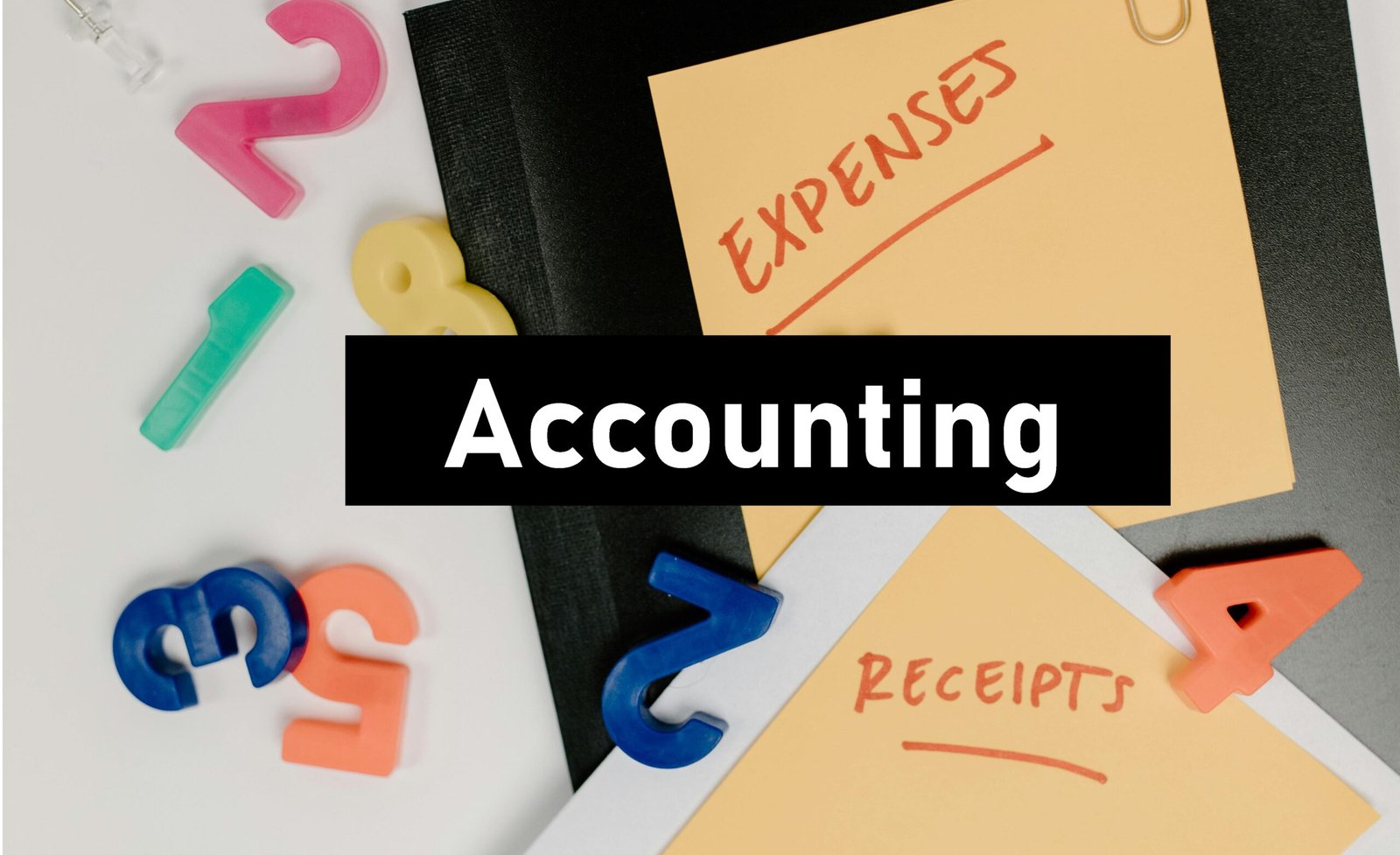B.Com Accountant, A person who has earned a Bachelor of Commerce (B.Com) degree with an accounting concentration is known as a B.Com Accountant. The information and abilities needed to pursue a profession in accounting and related sectors are provided by this academic credential.
The following highlights the functions and duties of a B.Com. accountant:
1. Education and Experience:
- Bachelor of Commerce Typically, accountants have finished a three-year undergraduate degree in commerce with an accounting major or concentration.
- Courses covered in the curriculum include business law, economics, taxation, auditing, cost accounting, managerial accounting, and financial management.
2. Accounting Skills:
- Expertise in keeping track of finances, including journal and ledger entries as well as financial statement production.
- Knowledge of accounting rules and guidelines, such as International Financial Reporting rules (IFRS) or Generally Accepted Accounting Principles (GAAP).
- The capacity to evaluate financial facts and draw conclusions for financial planning and decision-making.
3. Taxation Knowledge:
- Knowledge of the rules and legislation pertaining to taxes that affect both individuals and businesses.
- Filing and preparing tax returns for both individuals and businesses.
- Offering customers tax planning advice to reduce tax obligations within the bounds of the law.
4. Auditing Abilities:
- Proficiency in auditing principles and methods for evaluating the dependability and correctness of financial accounts.
- Carrying out internal audits to verify adherence to legal and internal control standards.
- Helping external auditors with statutory audits by supplying the required paperwork and information.
5. Financial Analysis:
- Capacity to assess an organization’s performance and financial health by examining financial statements and performance indicators
- Making financial reports and presentations for stakeholders and management.
- Predicting and budgeting finances to assist with strategic planning and decision-making.
6. Compliance and Regulatory Knowledge:
- Knowledge of the rules and laws pertaining to corporate governance, taxation, and financial reporting.
- Making sure that reporting guidelines and legal obligations are followed.
- Staying up to date on regulatory changes and offering clients or employers compliance-related advice.
7. Interpersonal and Communication Skills:
- Proficiency in communicating with stakeholders, coworkers, and clients.
- Capacity to communicate intricate financial information in a straightforward and comprehensible way.
- Working together as a team to accomplish organisational aims and objectives.
8. Ethical Standards:
- Following professional codes of conduct and ethical standards in all facets of employment.
- Preserving the privacy of sensitive financial data.
- Behaving honourably and truthfully while interacting with customers, employers, and government agencies.
Conclusion
In conclusion, the technical accounting skills, taxes knowledge, auditing prowess, financial analytical aptitude, and ethical standards required to succeed in the accounting and finance industry are all possessed by a B. Com Accountant. They are essential in assisting firms with financial management, regulatory compliance, informed decision-making, and achieving their financial goals.

